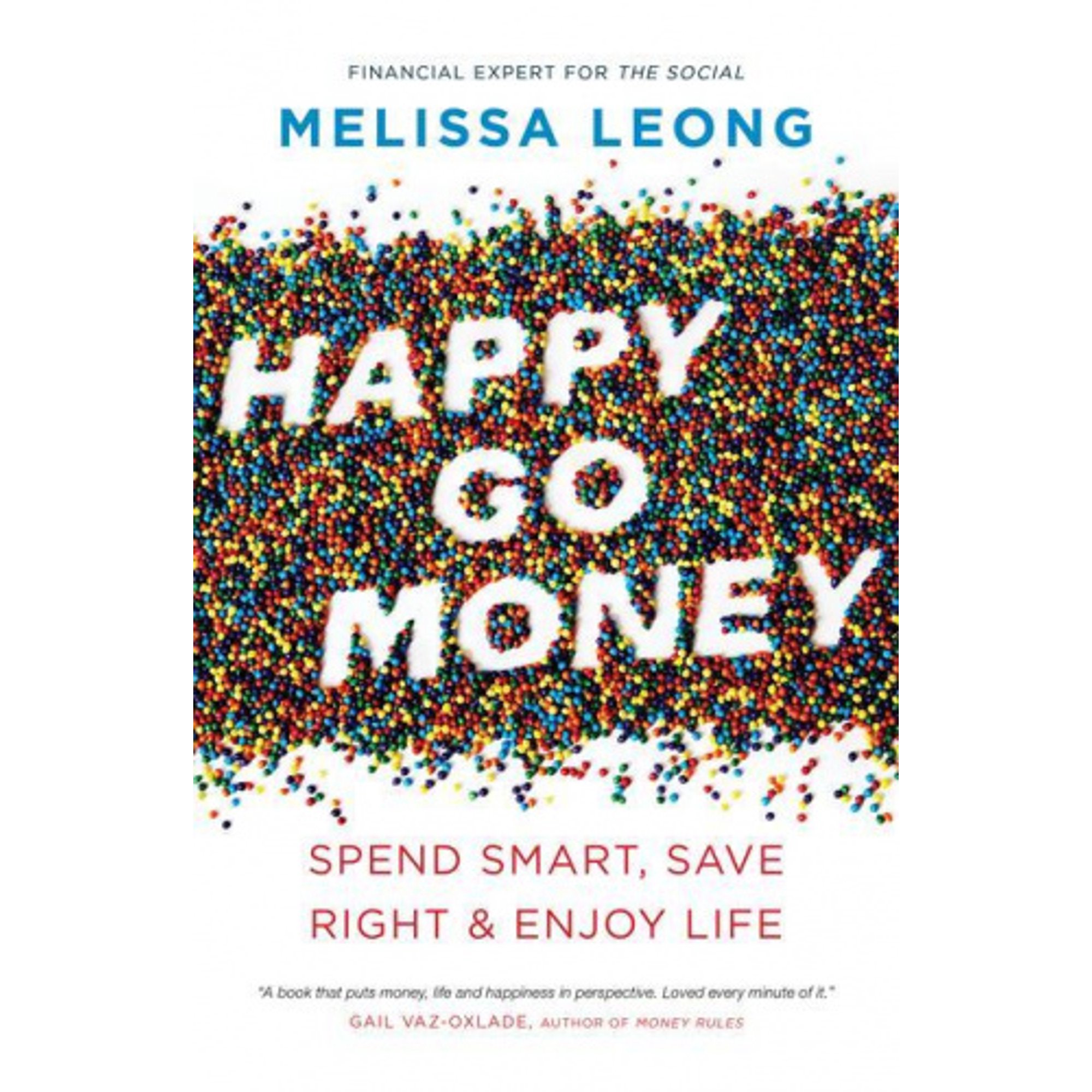There’s no denying that saving money is the key to financial success. Whether you’re planning for retirement or paying down debt, it’s essential to have a nest egg to fall back on in case of an emergency.
But sometimes putting away money can feel like a chore. If you’re constantly feeling stressed because you’re balancing debt payments with savings, it may be time to take a step back and focus on enjoying life more.
Set a budget.
Budgeting isn’t easy, but it’s essential if you want to reach your financial goals. It also helps you understand your spending habits and put your future in focus.
Set up a realistic budget by estimating your expenses. It’s best to divide them into fixed and variable expenses.
This way, you can see where your money is going and make adjustments as needed.
Once you’ve determined your costs, allocate 20 percent to savings or debt repayment. The rest should go toward paying for recurring bills such as rent, utilities and insurance payments.
Review your budget every few months to make sure you’re staying within your limits. This can be especially important if you’re in a new job or have recently moved to a new home.
Give yourself a spending freeze.
A spending freeze is a great way to reset your mindset about money. It forces you to think twice before spending extra money on items like dining out or buying unnecessary goods.
During your spending freeze, take stock of what’s currently in your fridge and pantry. You might be surprised at how much money you can save by freezing those foods!
You’ll also want to restock on paper goods and toiletries. This helps you avoid running out during your challenge.
A spending freeze can be a great tool for getting rid of debt, planning for a vacation or saving for college. However, it’s important to keep it realistic so that you don’t get discouraged.
Give yourself 30 days to think it over.
When you’re saving up for retirement, or if you’re trying to pay down debt, it can be hard to enjoy life. You might be tempted to spend the money you’re saving on a fancy car, or a new outfit, but doing so can have a negative impact on your long-term financial health.
To get around this problem, you should give yourself 30 days to think it over before making a non-essential purchase. This will help you decide if you really need it, or if the price tag is too steep. It will also give you some time to save up for it if you still want it.
Don’t overspend.
Overspending is a common problem for many people. It can eat up your budget and even cause serious financial problems.
The best way to stop overspending is to learn what triggers your spending habits. For example, do you tend to overspend when you’re hanging out with certain people?
If so, consider limiting the amount of time you spend with those people or steering clear of those places that trigger your spending habits.
Another way to help curb your spending is to give yourself a break from shopping. Try giving yourself three to four days before making any significant purchases, so you can think it over and decide if you really need to make that purchase. This will keep the impulsive part of your brain from taking over and causing you to buy more than you can afford.
Give yourself a break.
If you feel like you’re stuck in a rut, or you’re not enjoying life in the best way possible, it’s time to take a break. You might need to give yourself a chance to reconnect with your inner child, or maybe you just need to be more kind and forgiving toward yourself.
Getting out and seeing the world can also help you enjoy your life more. Try walking through a new city or taking a hike on a beautiful day.
You may even find that you have a better perspective on your situation after giving yourself some space to think. Just make sure to be gentle on yourself – don’t let the past or future get to you!

